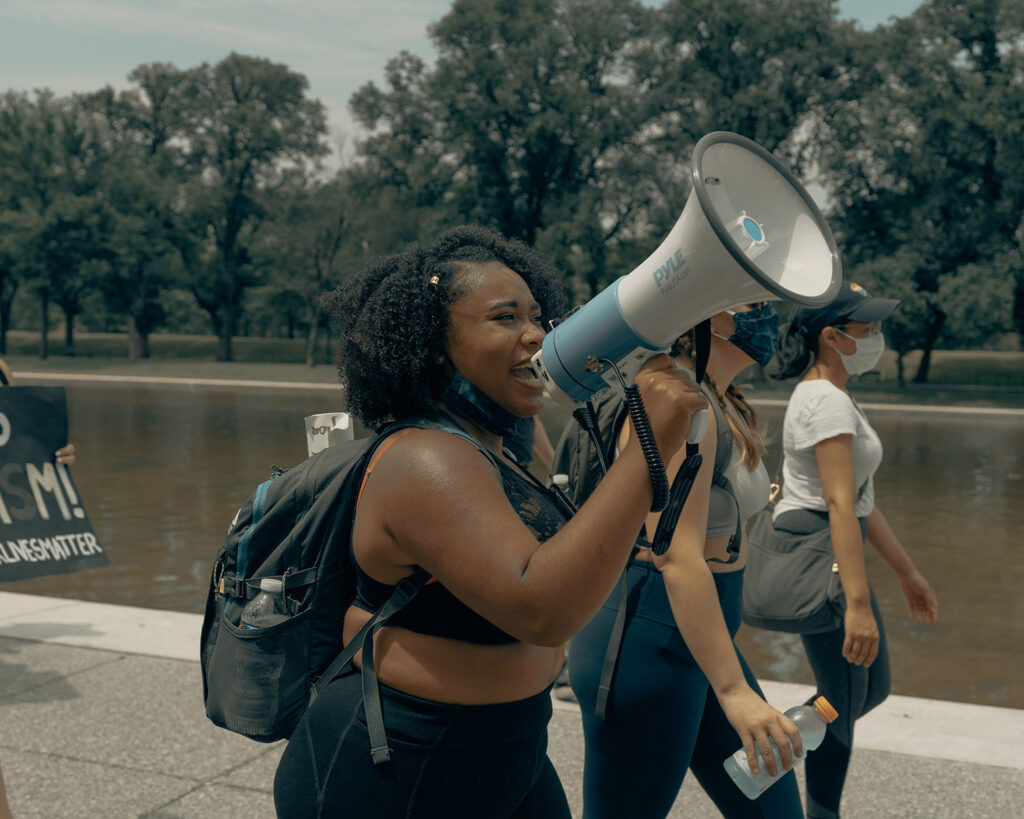Power of Now
Leveraging this Historic Moment
Many health leaders noted the U.S. is at an unprecedented time of possibility for addressing racism in the health system and collaboratively modeling change across other sectors. “We’re in a historic moment of awakening and momentum,” one leader said.
The 2020 murder of George Floyd led to racial justice uprisings that brought up to 26 million Americans into the streets, the largest movement in the nation’s history according to experts interviewed by The New York Times. The protests occurred as the COVID pandemic was providing undeniable proof of the enduring racial disparities in the health system and society at large.

“COVID has made visible the things we knew before regarding structural racism as a driver of health and what it means for policy to drive health outcomes,” a leader said. “How do we make this opportunity really push the field in a different direction without it being just talk?”
Crisis brings opportunity, and leaders should capitalize on this moment for cross-sector mobilization. “We are uniquely positioned to have both federal and private [sectors] to help move the needle,” a stakeholder said.
Some leaders believe the nation is ready for bold and innovative thinking to imagine a healthcare system that our society has never seen. “This is a time of discontinuity. This is the moment to figure this out. It’s not going to be done with small, incremental changes. It will take big investments and reimagining,” a health leader said.
It’s time for a “revolution of the healthcare system,” as another leader put it.
Such a revolution could ignite a movement for equity in the economy, in communities, and the nation. “I think that if we could demonstrate that diverse communities could become financially successful, culturally rich, and healthy, extraordinary in all aspects …If we can get our communities to shine—people would aspire to be part of something like that,” one leader said.
Given the history of racism in America, health leaders said the nation should avoid quick fixes and instead invest in the long-term work and strategies needed to dismantle structural racism. “Institutional bias and racism are 400 years in the making. It cannot be fixed in 4 weeks. It takes more than DEI [diversity, equity, and inclusion] staff to address the issue,” one leader said.
Another leader added: “There’s been urgency for hundreds of years. How do we help leaders understand that? And that the issues are NOT going to go away. Vigilance will always be required.”
These are the views of health leaders who participated in an 8-month project to analyze structural racism across the U.S. health system and provide recommendations for the collective leadership required to dismantle it.